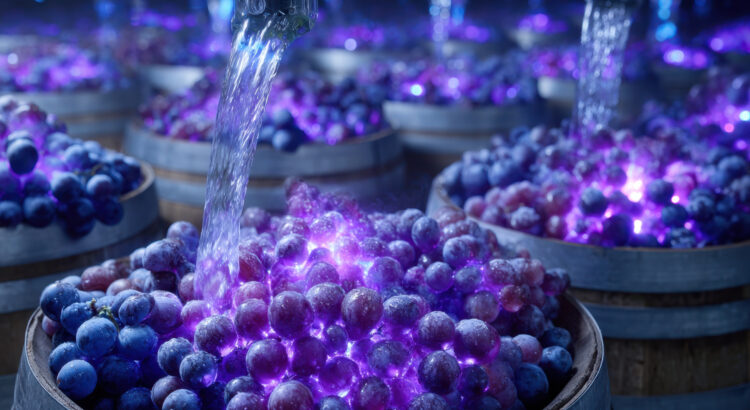By: Louis J. Terminello and Brad Berkman, Greenspoon Marder LLP
It’s common knowledge that consumption of alcoholic beverages, in general, has been on the downslope. Wine sales in particular, as reported by SipSource, dropped by approximately 6% from 2023 to 2024. Gen Z is at the forefront of this trend and is choosing to consume alcoholic beverages that are perceived as being healthier alternatives to the usual fare. With that in mind, it might be useful to introduce a few wine-making certifications that are regarded as eco-conscious or “green” and carry the perception of being a healthier and sustainable alternative to traditional wine. In addition, this article will look at federal labeling requirements that must be considered when seeking TTB label approval for these wines, especially those carrying the reasonable consumer-alluring USDA Certified Organic seal.
Sustainable Practices
Sustainable winemaking is arguably a broadly defined term that is applied to the winemaking process that minimizes or totally avoids the use of chemicals, especially pesticides. The practice of this sort of winemaking extends significantly beyond that limiting definition and can include other important impetuses such as environmental and social concerns. Issues of responsible irrigation, water usage, energy consumption, and reducing the production of greenhouse gases can be included. For some certifications, safe and fair labor practices can fall within the rubric of sustainable practices and become an important part of the certification process.
Communicating a winemaker’s efforts and commitment to sustainability is, at least on the wine label, conveyed by the affixing of the certifying organization’s seal, of which there are many.
Regardless, the concept of sustainability and “green” practices go well beyond the mere affixing of a seal. The certifying organizations and those in the industry who follow their guidelines take the matter of sustainable practice very seriously. Moreover, a significant number of consumers consider sustainability when deciding on a wine purchase. The bottom line is sustainable practices, and their commensurately labeled wine may be good for the bottom line, as well as the environment.
What follows are examples of a few sustainable certifying organizations, that, after meeting the organization’s requirements, are permitted to affix their seal to the label.
SIP Certified
SIP Certified, based in Atascadero California, has been promoting sustainable winegrowing since 2008. SIP claims that the organization has certified 43,000 vineyard acres in California, Oregon, and Michigan, six wineries, and more than 63 million bottles of wine have been SIP Certified (as stated on their website). SIP is a membership organization whose members uphold values such as social responsibility, water management, safe pest management and energy efficiency among other values. According to the organization, it sets strict “non-negotiable requirements that measure environmental, social, and community impact of its members while assuring consumers that the product in their bottle was made with conscience and care.” There is a rigorous application and inspection process that if passed and adhered to, successful applicants may emblazon their products with the SIP seal.
For more informaion contact…
Whitney Brownie
Certification Coordinator
Email: whitney@vineyardteam.org
Phone: 805.466.2288
Beth Vukmanic
Executive Director
Phone: 805.466.2288
Sustainability in Practice (SIP) Certified
5915 El Camino Real
Atascadero, CA 93422
The Demeter Association
Demeter is another well-regarded sustainable practice association that focuses on certifying biodynamic wines. Sustainable and organic practices are part and parcel of biodynamics, but the concept of biodynamics goes beyond organic practices. Demeter and biodynamic producers take a “holistic approach to the wine-making process and treat the vineyard as a living organism.” Demeter adherents may incorporate such unique aspects as the lunar cycle in the growing and processing of grapes as well as certain soil preparations using unique ingredients not normally associated with traditional vineyard practices. Demeter is a worldwide organization and there are only a few wineries in the US that carry the seal.
For more information contact…
Demeter Association, Inc.
317 Church Street
Phoenixville, PA 19460
Phone: (541) 929-7148
Email: info@Demeter-USA.org
Certification Staff:
Evrett Lunquist – Director of Certification – Ext. 105 Office Hours 8-5 CST Mon-Friday
Sarah Rhynalds – Certification Manager – Ext. 209


